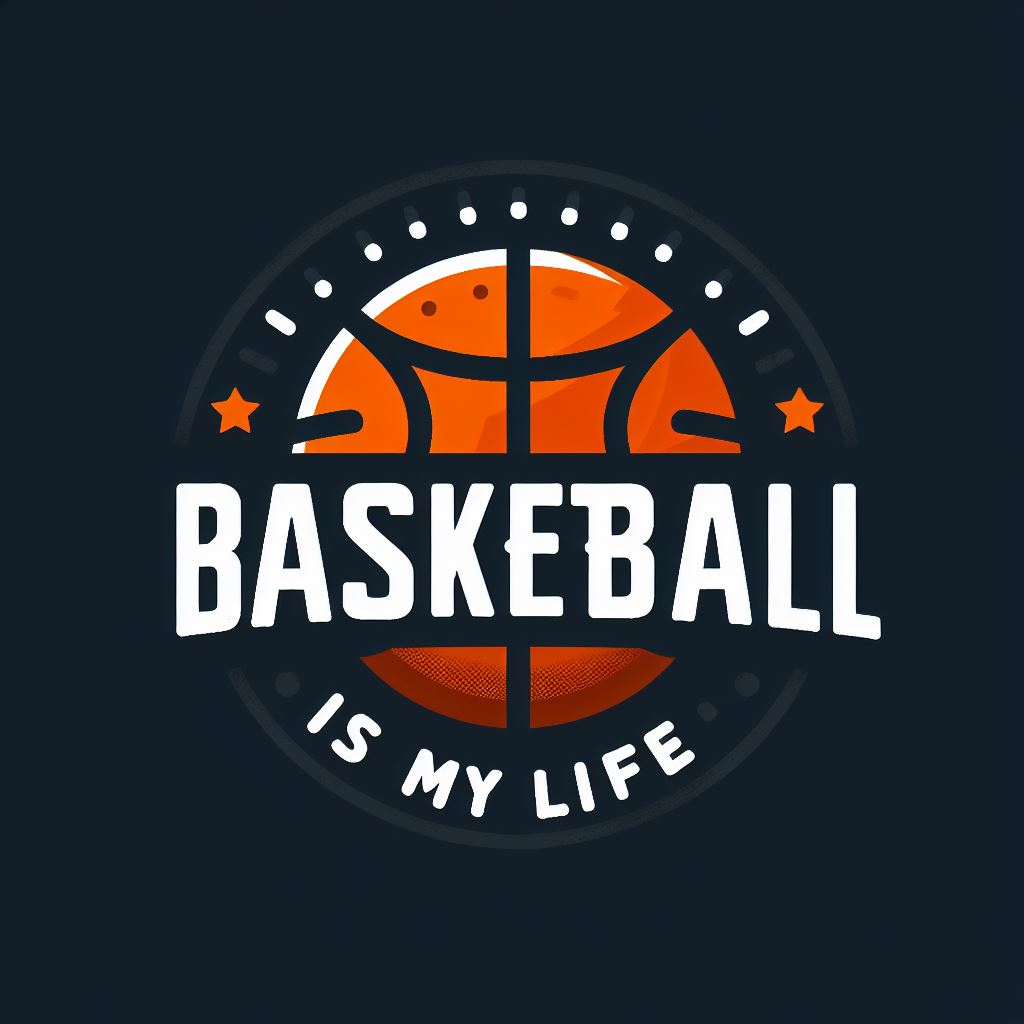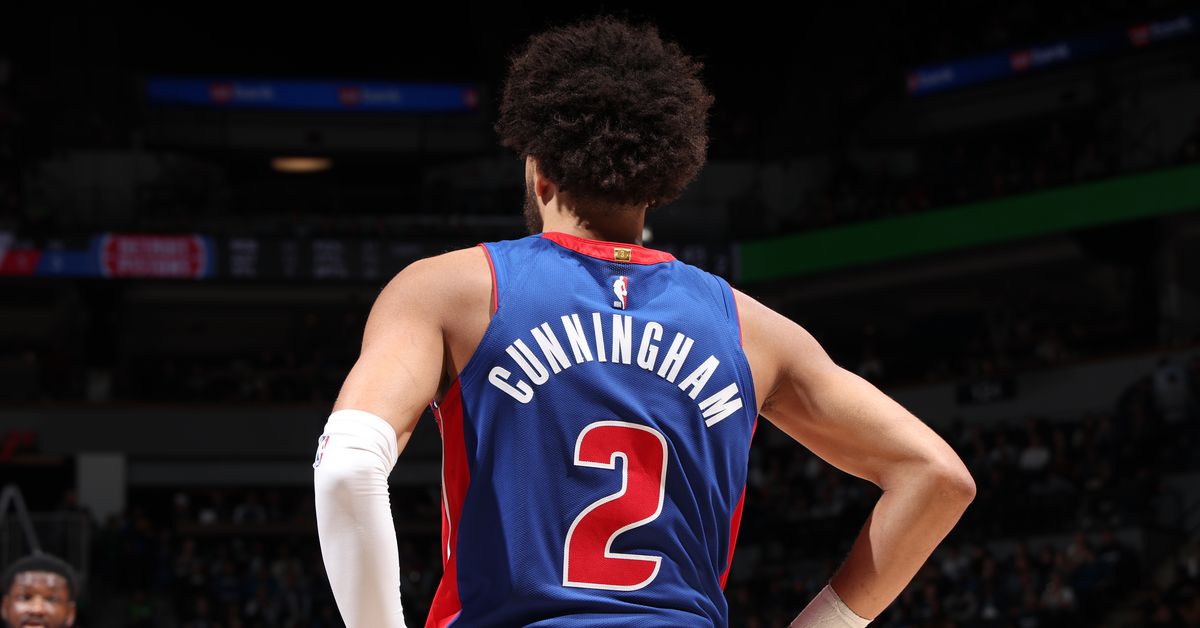As your humble servant running this website, it is my duty to provide you with unbridled optimism, healthy skepticism and reasonable pragmatism regarding your Detroit Pistons. Sometimes it’s a difficult needle to thread. But how does it happen to you?
The Detroit Pistons should expect to improve their scoring by more than 10 games this season. In fact, it wouldn’t be unreasonable for them to double their win total from last year. If they do, they’ll remain in the lower reaches of the NBA standings, hovering between the 5th and 8th worst scoring totals in the NBA.
Yes, we can see better basketball on the court, a big increase in wins, and still back a team that has a 40% chance of being picked in the top 4 in a stacked standings. NBA Project.
How did I do it?
The offseason is a great time to ponder questions that sometimes have simple answers. I started this article by giving myself a fairly simple question: How does the worst team in the NBA typically perform the following season?
The worst of the NBA compared to the NBA???
The answer is that since 2008, unless you’re last year’s Pistons, it’s better. I looked at the data since the last time Detroit had a winning record. Over those 17 seasons, teams have typically seen their winning percentage increase by 76% over their previous season. The average win increase is 10.4.
There are certainly exceptions. The Miami Heat went from 15 wins to 43 between 2007-08 and 2008-09. That coincided with the arrival of Erik Spoelstra and a healthy Dwayne Wade. Milwaukee Bucks The Warriors jumped from 15 to 41 wins as Giannis began to figure out how to dominate. The Warriors had a horrible, aberrant season, then got back to their winning ways.
The worst teams in the NBA next season
| Year | Team | Save | Earn% | Next season record | Earn% | Change | Game Diff |
|---|---|---|---|---|---|---|---|
| Year | Team | Save | Earn% | Next season record | Earn% | Change | Game Diff |
| 2023-24 | Detroit Pistons | 14-68 | 0.171 | ??? | ??? | ??? | ??? |
| 2022-23 | Detroit Pistons | 17-65 | 0.207 | 14-68 | 0.171 | -17.4 | -3 |
| 2021-22 | Houston Rockets | 20-62 | 0.244 | 22-60 | 0.268 | 9.8 | 2 |
| 2020-21 | Houston Rockets | 17-55 | 0.236 | 20-62 | 0.244 | 3.4 | 3 |
| 2019-20 | Golden State Warriors | 15-50 | 0.231 | 39-33 | 0.542 | 134.6 | 24 |
| 2018-19 | The New York Knicks | 17-65 | 0.207 | 21-45 | 0.318 | 53.6 | 4 |
| 2017-18 | Phoenix Suns | 21-61 | 0.256 | 19-63 | 0.232 | -9.4 | -2 |
| 2016-17 | Brooklyn Nets | 20-62 | 0.244 | 28-54 | 0.341 | 39.8 | 8 |
| 2015-16 | The Philadelphia 76ers | 10-72 | 0.122 | 28-54 | 0.341 | 179.5 | 18 |
| 2014-15 | Minnesota Timberwolves | 16-66 | 0.195 | 29-53 | 0.354 | 81.5 | 13 |
| 2013-14 | Milwaukee Bucks | 15-67 | 0.183 | 41-41 | 0.5 | 173.2 | 26 |
| 2012-13 | Orlando Magic | 20-62 | 0.244 | 23-59 | 0.28 | 14.8 | 3 |
| 2011-12 | Charlotte Bobcats | 7-59 | 0.106 | 21-60 | 0.256 | 141.5 | 14 |
| 2010-11 | Minnesota Timberwolves | 17-65 | 0.207 | 26-40 | 0.394 | 90.3 | 9 |
| 2009-10 | New Jersey Nets | 12-70 | 0.146 | 24-58 | 0.293 | 100.7 | 12 |
| 2008-09 | Sacramento Kings | 17-65 | 0.207 | 25-57 | 0.305 | 47.3 | 8 |
| 2007-08 | Miami Heat | 15-67 | 0.183 | 43-39 | 0.524 | 186.3 | 28 |
| 76.9 | 10.4375 |
Detroit has improved significantly (but the situation remains bad)
I’m not sure we should expect the Pistons to crack the 20-win mark in one offseason like some others have, but I also wouldn’t discount the potential for a huge improvement from Detroit.
They replaced a misfit coach, with a misfit team led by an overmatched executive, a new coach and a slew of veterans who not only hit shots but rarely miss games due to injury.
An influx of veteran skill and availability with some natural progression from a stable of developing young players is a nice mix for a 10- to 14-win improvement for Detroit.
To say that a team could double its win total is to write a graph in this case, because we are starting from the bottom of the absolute pit of incompetence. Doubling its total would mean a 28-win season. That is only a slight increase from the average 76% increase in winning percentage, which would result in a 25-win season and a .300 winning percentage for the Pistons.
The Bad Luck of the NBA Lottery
Poor Tobias Harris has been catching loose balls since he signed with Philadelphia four years ago, and signing a new contract hasn’t spared him the ridicule of NBA fans online or pundits.
The biggest complaint about the Pistons’ contract is that a terrible team would have no reason to give Harris that much money just to be a little less embarrassing. Selfishly, I’m looking forward to a semi-competent NBA game, so a little less embarrassing seems fine to me.
Second, it’s not like this signing is sending Detroit straight to NBA purgatory. The team will still be bad, and the flattened lottery odds mean it’ll only have a slightly worse finish than when the franchise was addicted to finishing in the bottom three.
Last season, the 36 victories Atlanta Hawks jumped nine places, and the Houston Rockets (via the Brooklyn Nets) has moved up six spots. You shouldn’t expect that level of madness, but the Pistons of the last four years are a perfect example of how the new lottery odds have dampened the incentive to lose on purpose. They’ve dropped four, four, and two spots, picking as low as fifth each time, over the last three drafts.
Losing on purpose is not the answer. Relying on old, injured players is not the answer. Relying almost exclusively on 22-year-olds is not the answer. Hiring Monty Williams is not the answer.
The Pistons finally have some balance on their roster, some much-needed shooting, an environment in which their young players can improve and the ability to easily reshape their roster as things start to come together.
Ultimately, we can say that the Pistons should be much better (but still bad), and fans will be able to enjoy basketball again.

